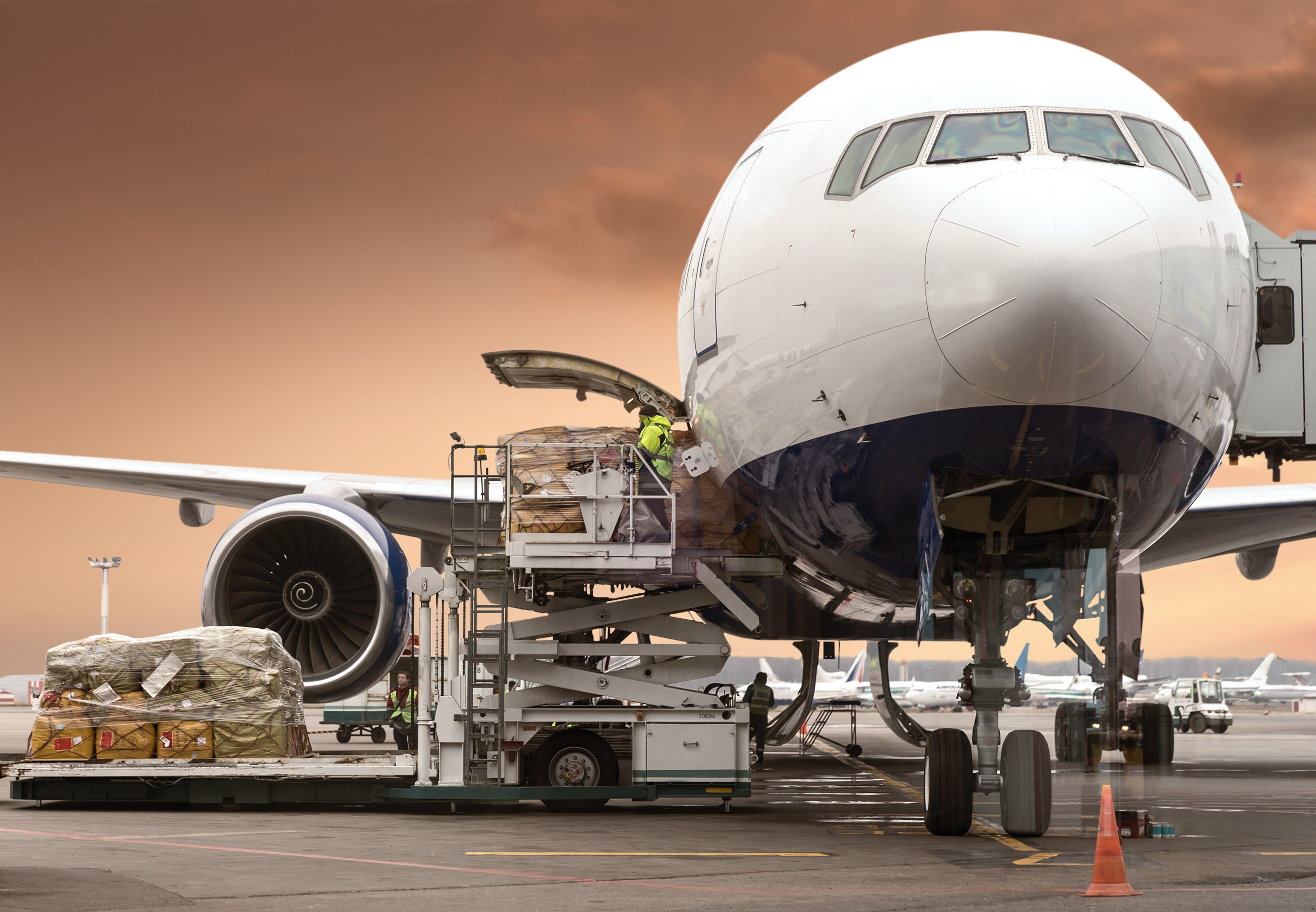The UPU has joined a campaign launched by the International Air Transport Association (IATA) to help keep cargo planes moving as governments suspend passenger flights due to the COVID-19 pandemic.
The campaign seeks to encourage governments to fast track procedures and relax restrictions to keep air cargo supply lines, including the mail transport, open in the wake of widespread passenger flight cancellations.
According to IATA’s Airlines Cargo Operations Status page related to the Corona virus (COVID-19), more than 50 airlines have suspended service, while more than 160 have reported impacts to service. More than a million passenger flights have been cancelled until 30 June 2020.
In the case of post, UPU Supply Chain Coordinator Noor Adan and UPU Transport Programme Manager Jan Bojnansky explain that the majority of UPU’s designated operators used to transport their post via partnerships with passenger airlines. Halting services in that channel has therefore caused major delays for postal operators.
The UPU’s Director of Operations, Abdelilah Bousseta, said “We’re encouraging Posts to partner with air cargo carriers to keep the mail moving – particularly shipments of supplies meant to fight the spread of the COVID-19 virus.”
“We therefore fully support IATA’s campaign asking governments to ease up on red-tape for cargo carriers and are working to get our members on board with the initiative,” he added.
However, administrative and regulatory bottlenecks, as well as crew quarantine conditions, have prevented cargo flights from keeping pace with demand.
“Air cargo is a vital partner in the global fight against COVID-19. But we are still seeing examples of cargo flights filled with life-saving medical supplies and equipment grounded due to cumbersome and bureaucratic processes to secure slots and operating permits. These delays are endangering lives. All governments need to step up to keep global supply chains open,” IATA Director General and CEO Alexandre de Juniac stated in a March 25 press release on the matter.
IATA is asking governments to fast track permits that would allow cargo carriers to take over withdrawn passenger operations in key hubs. The organization has also recommended they remove restrictions, such as curfews, overflight charges and parking fees, and grant carriers temporary traffic rights to keep the supply chain moving.
Long-standing partners
The UPU and IATA have cooperated for more than 60 years through a regular contact committee. According to Adan, this close working relationship is more crucial than ever in these circumstances
“The cooperation structure that exists between these two organizations is a solid one – it works in normal circumstances, but it works even more especially during crises,” he says.
Bojnansky explains that the team got in contact with IATA as soon as they heard passenger flights were being cancelled.
“Since then, we’ve been in touch at least once a day,” he says.
IATA has established a webpage indicating cancellations and limitations across its membership, as well as a list of cargo carriers and their contact details. The UPU provided this list to Posts serving its 192 member countries. Adan and the UPU’s supply chain team are continuing to follow up with Posts, as well as air cargo rail, road and sea carriers, on the new routes they are using so that the team can provide a consolidated list of carrier options to all members.
Despite the UPU’s quick response, Adan and Bojnansky add that there is a key lesson to be learned from the unusual situation: that there is a need for a wider and greater cooperation with all the stakeholders in the global supply chain that can provide the UPU’s membership with a more flexible international mail transport network.
Those looking for more information on actions the UPU is taking to keep the supply chain working should visit the following webpage: www.upu.int/en/activities/upu-action-on-network-disruptions-caused-by-covid-19/about-upu-action-on-network-disruptions-caused-by-covid-19.html
